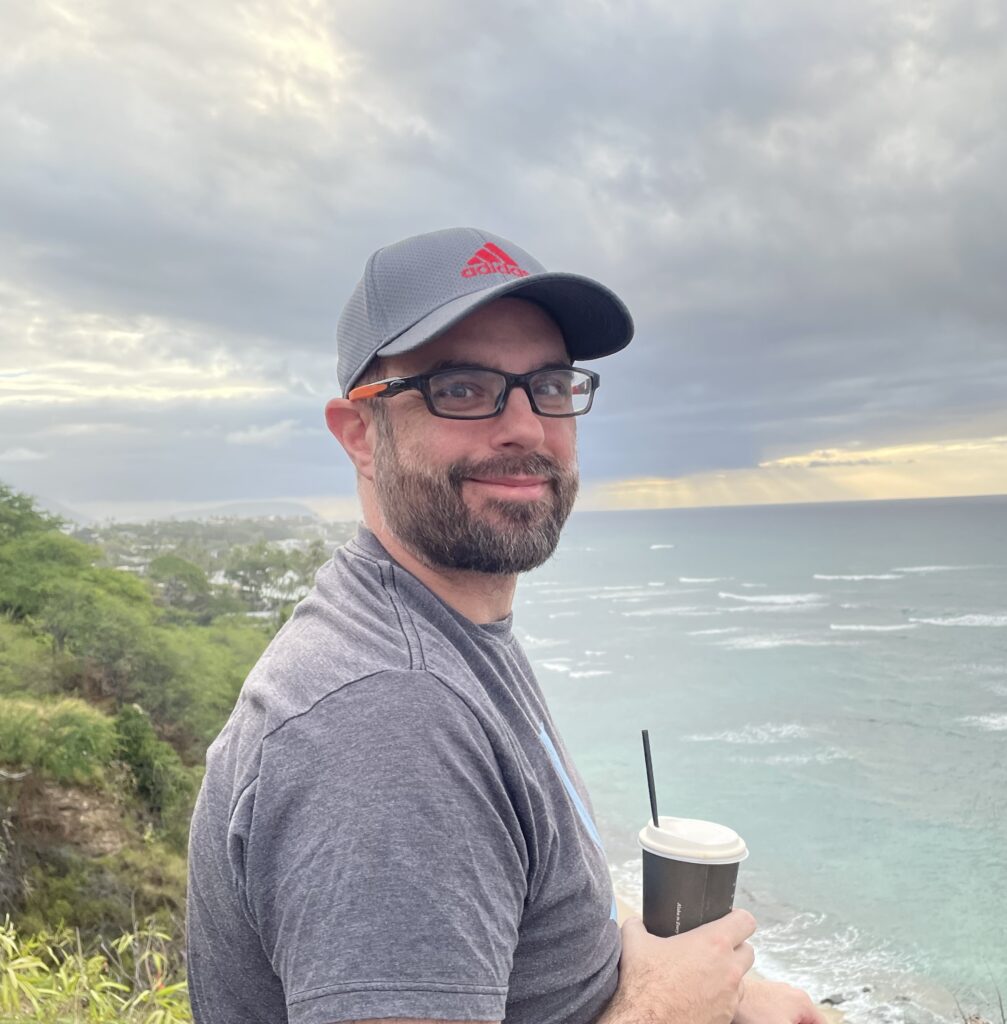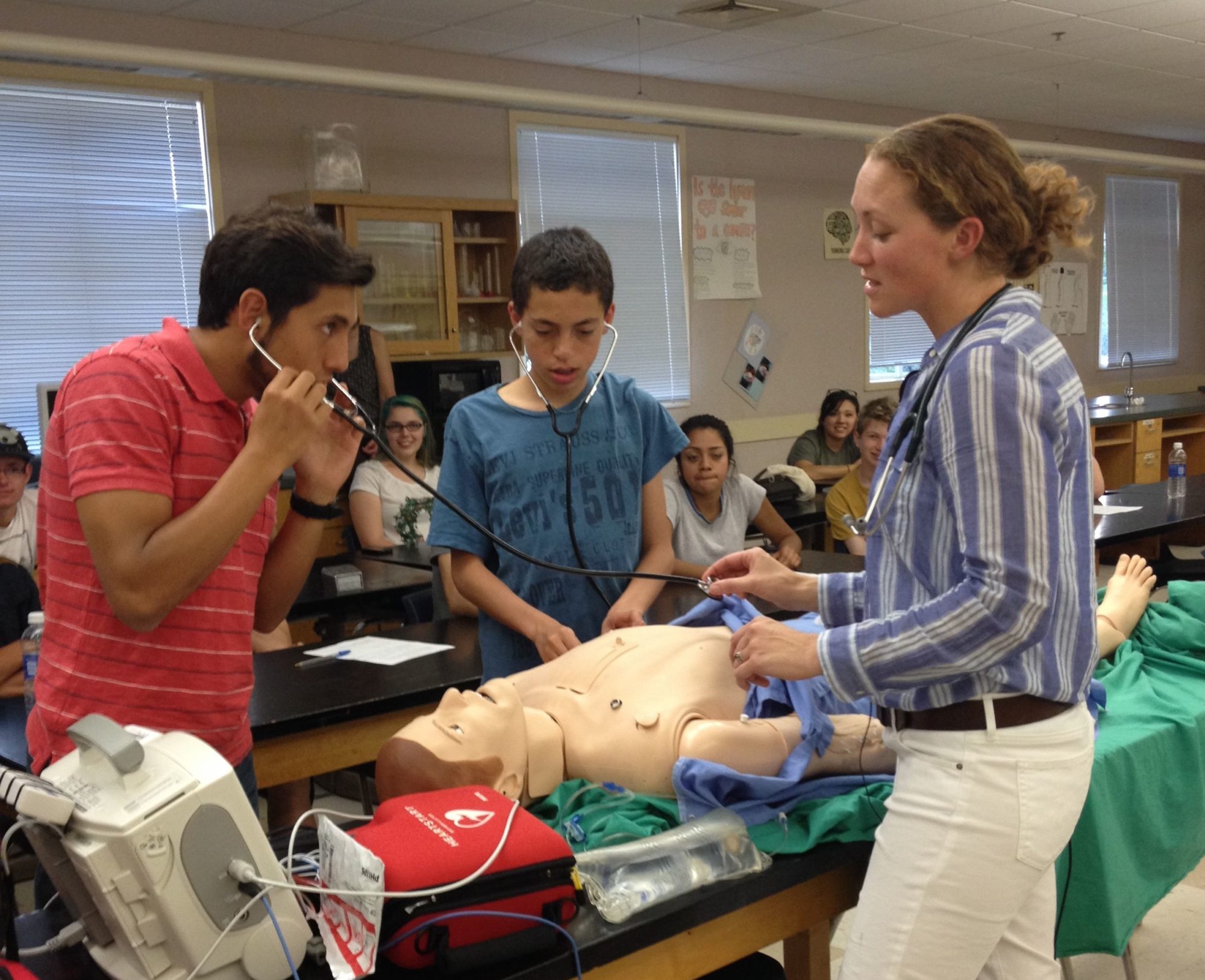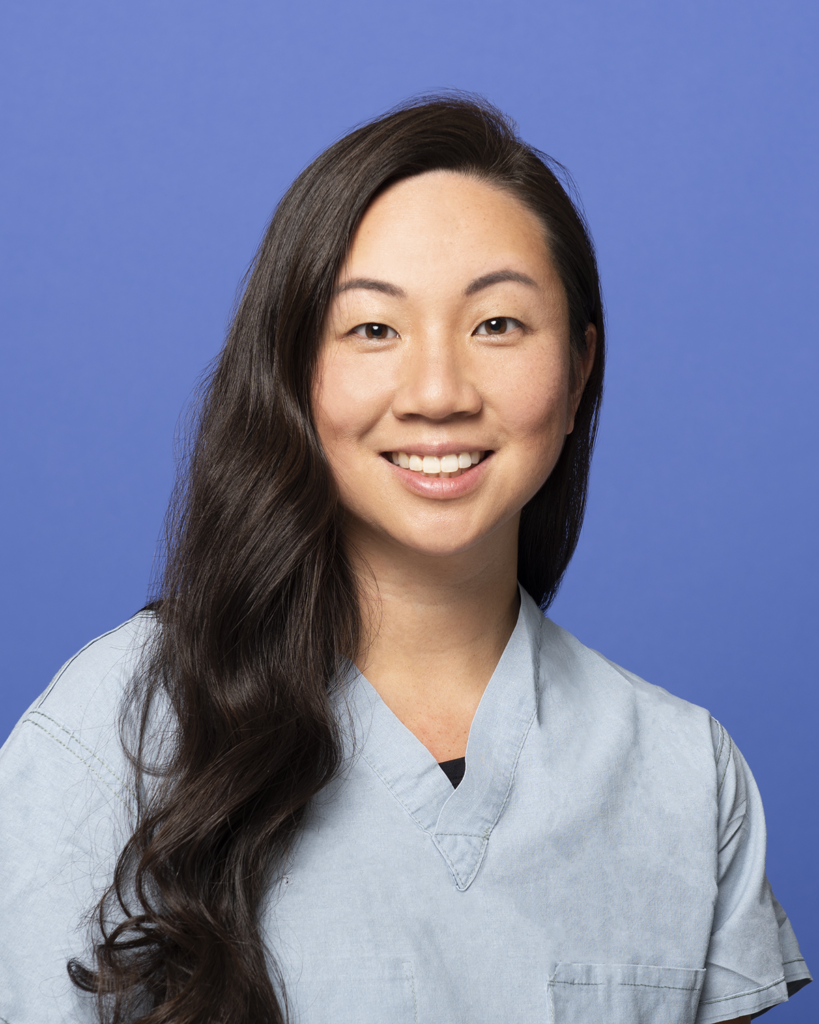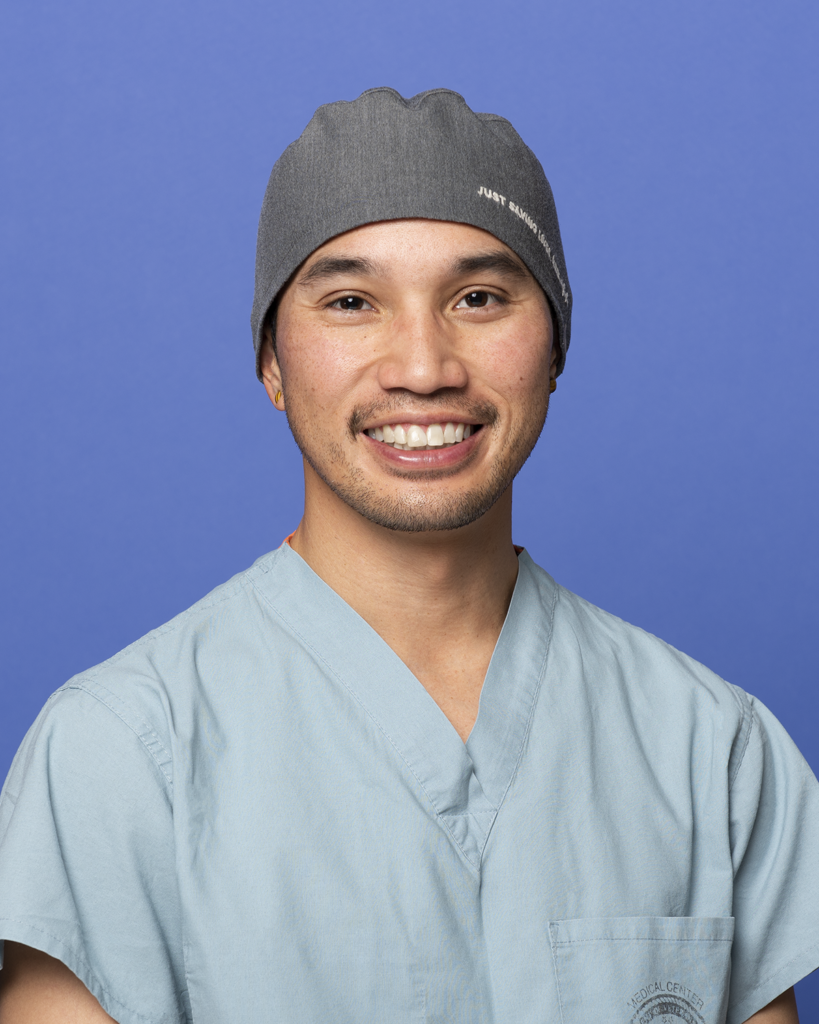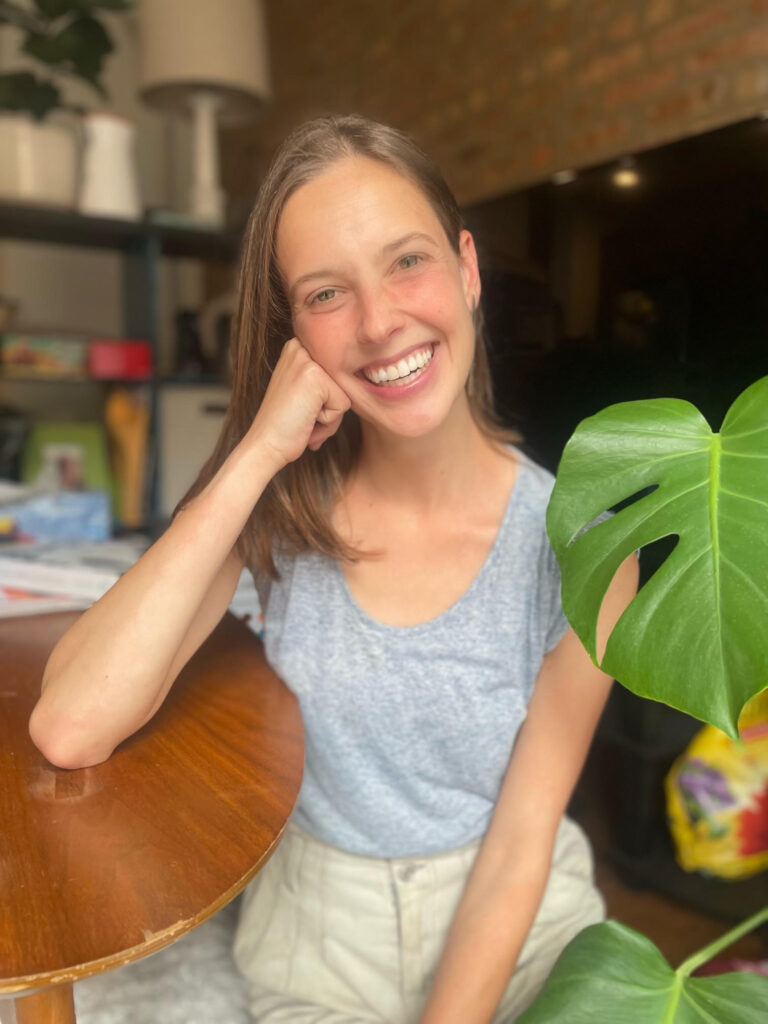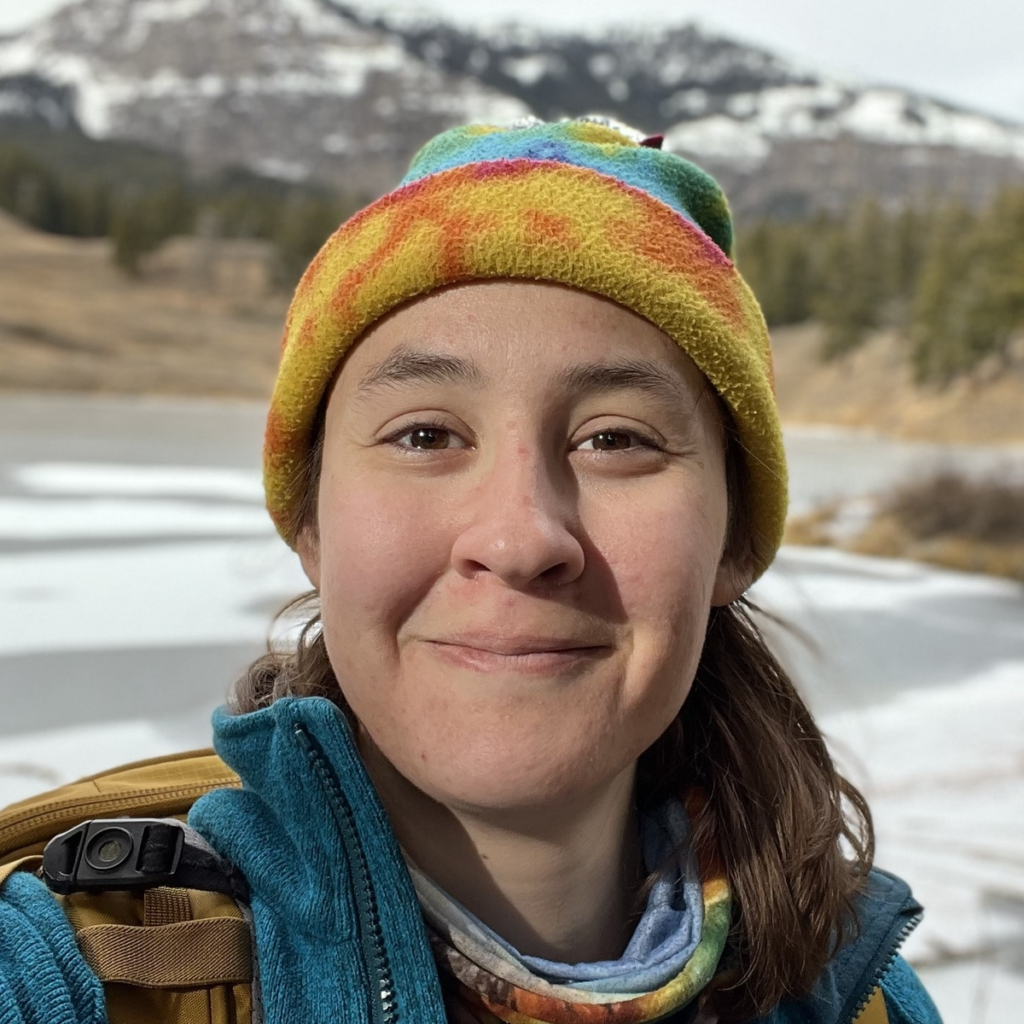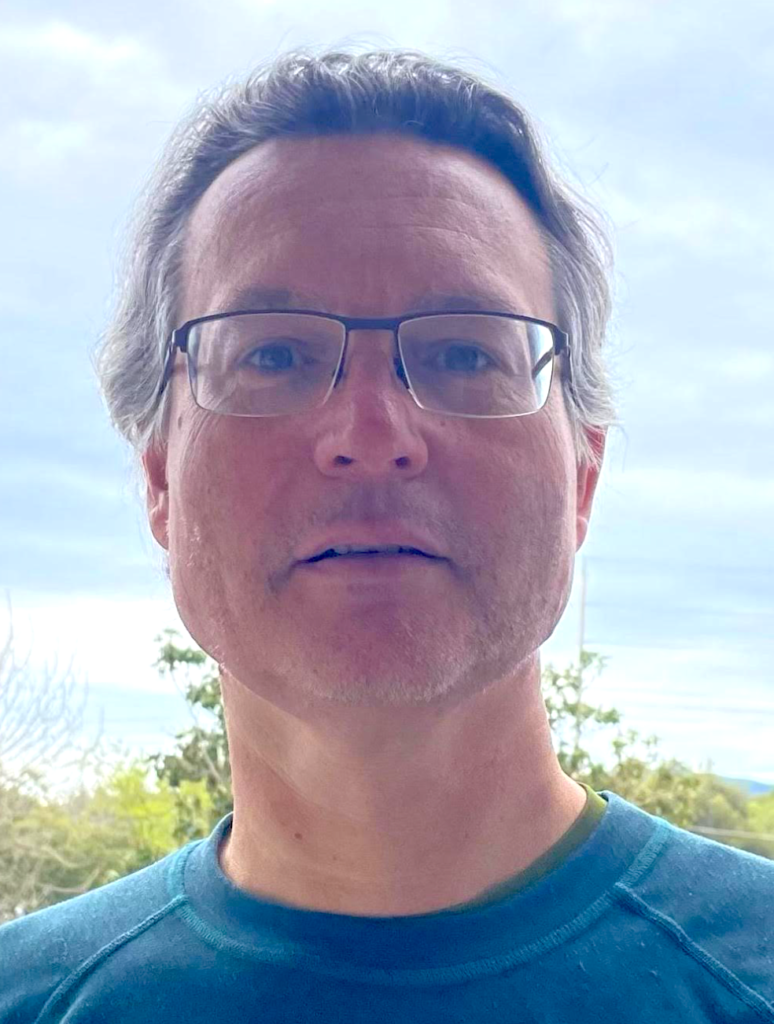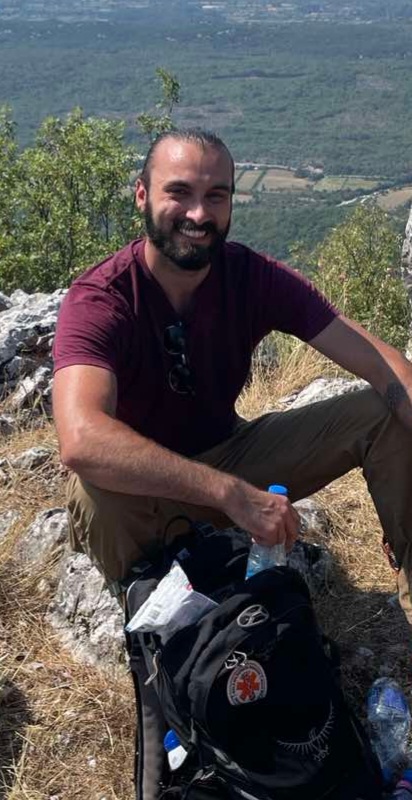with Steven Garcia, M.D. of Kaiser Permanente, San Rafael
Wednesday, April 17th, 2024 – 7:30-8:30 pm – Innovation Hub at Terra Linda High School, San Rafael

Description: An Emergency Medicine doctor thrives in the chaotic, bustling environment of the ER. Join Dr. Steve Garcia as he offers a glimpse into his non-traditional path to becoming a physician. He will describe the training of Emergency Physicians and how they diagnose and treat all patients in the Emergency Room, as there are differences as compared to other specialties. There will also be discussion of a day in the life in the ER and shortcomings of today’s emergency care system.
Bio: Dr. Steve Garcia’s journey to becoming a physician took a non-traditional route. Born and raised in Michigan, Dr. Garcia attended the University of Michigan earning degrees in Engineering Physics and Biomedical Engineering. He later moved to the Bay Area where he was a software engineer for seven years. But he really wanted to be a physician. Despite being rejected from medical school twice, he didn’t give up! In 2010 he earned his medical degree at Northwestern Feinberg School of Medicine in Chicago, IL, and in 2014 he graduated from the Cornell/Columbia residency program in Emergency Medicine in New York City. He is married with two teenage boys who both attended Terra Linda High School. He enjoys stock and option trading, the Grateful Dead, playing pickleball, and hiking.
